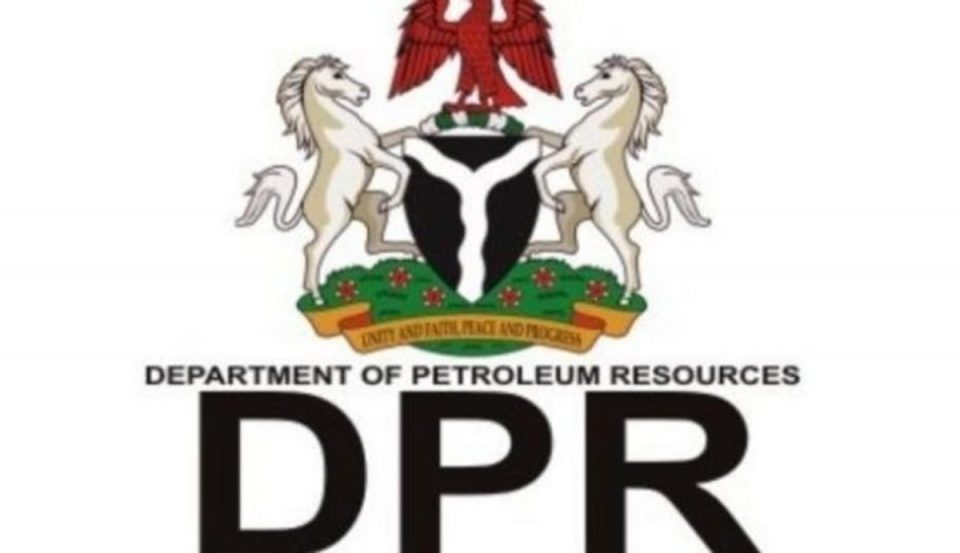A coalition of Civil Society Organisations (CSOs) has decried their exclusion from the proposed Marginal Oil fields’ bid rounds announced by the Department of Petroleum Resources (DPR).
The group’s protest was contained in a letter to the DPR, jointly signed by the National Coordinator, Publish What You Pay (PWYP) Nigeria, Peter Egbule; Executive Director Centre for Transparency Advocacy (CTA), Faith Nwadishi.
Others include Executive Director, Civil Society Legislative Advocacy Centre (CISLAC), Rafsanjani Auwal Musaand, Chairman, Human and environmental Development Agenda (HEDA) Olanrewaju Suraj.
Others are the National President, Green Alliance Nigeria (GAN) Chima Williams, Chief Executive Connected Development (CODE) Hamzat Lawal; National Coordinator, Media Initiative on Transparency in Extractive Industry (MITEI) Bassey Udo and Programmes Manager, Selemati Foundation, Rita Kigbara.
Also, Executive Director, Enough is Enough (EiE) Nigeria, Yemi Ademolokun; Principal Lead, BudgIT Foundation, Gabriel Okeowo, Director Civic Media Lab, Akinfolarin Oluwaseun, and Programmes Officer, West African NGO Network (WANGONeT) Sandra Dike.
The coalition said that the published bid guidelines by DPR did not involve CSOs among agencies that would monitor the exercise of the Federal Government’s planned award of 57 marginal oil fields’ licenses.
The CSOs said that the published guidelines for the auction were fraught with provisions that might hamper the interest of genuine bidders in the oil fields and deny the country the benefits of set objectives.
They emphasized strict adherence to globally accepted best-practices, while expressing doubts that the current exercise would bring a different result from the past, if government did not make the process more transparent.
They, therefore, advocated the immediate inclusion of about two civil society representatives in the bidders screening team as observers to build public trust and investors’ confidence in the bid process.
The group also sought strong legislative oversight by the National Assembly and involvement of the Nigerian Extractive Industries Transparency Initiative (NEITI) before, during and after the exercise to avoid the experiences of the past.
“After reviewing the guidelines, and putting into perspective, past experiences and pitfalls of similar processes, we deem it important to draw your attention to some of the points that can hinder the success of the process, or limit Nigeria from deriving optimal financial and socio-economic benefits from the exercise.
“We are prepared to play our roles as civil society in support of this very important national exercise with the understanding that it is intended and designed to deliver the overriding interest of Nigeria and Nigerians,” it said.
The group identified licensing as one of the weakest links for value realisation from Nigeria’s petroleum industry, adding that previous exercises between 2000 and 2007 not only fell below global best practices, it failed to secure maximum value for the country’s assets.
To deliver the expected increase in revenue and proven crude oil reserves as well as increase in daily crude oil production, the group said the government must ensure the set goals conformed to the country’s long-term planning objectives in the sector.
According to the CSOs, previous licensing rounds in the country were not tied to any comprehensive asset development strategy or broader economic development plans.
They added that each licensing round of objectives must align with the country’s strategy for managing natural resource base for current and future generations.
The group also called on the government to strengthen the National Data Repository Geological system by making authenticated and certified data easily accessible to bidders to attract capable investors to the oil assets on auction.
On the bidding process, the group urged the DPR to adhere to the published guidelines and criteria on the bid to avoid confusion and ensure due process, noting that the de-politicised criteria must be developed to support local content without compromising the sector’s development potential or returns.
“Nigeria must resist the tendency to extend preferential treatment to companies solely because they are local and well-connected.
“The DPR should amend the guidelines to accommodate the disclosure by all bidders of ‘sworn declaration, complete, comprehensive and accurate information on their ultimate beneficial owner(s).
“This will show that Nigeria is fully compliant with her obligations under the EITI and Open Government Partnership (OGP) principles, transparency and a level-playing-field that will not allow ‘business as usual’ by vested interests,” they said.




